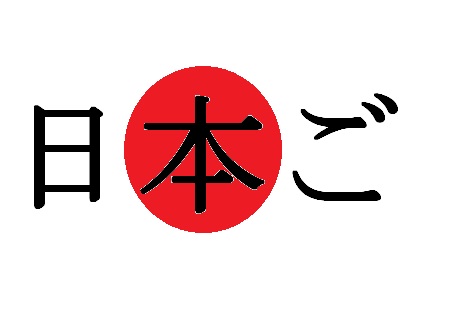‘masu’ Form
The masu form of a verb is used in formal or polite situations. Before you can convert a verb into its polite form you must convert it into what is often called the masu stem.
eat/will eat
食べます tabemasu
not eat/wont eat
食べません tabemasen
ate
食べました tabemashita
didn’t eat
食べませんでした tabemasen deshita
John didn’t drink = jon-san wa nomimasen deshita (ジョンさんは飲みませんでした)
I will read = ore wa yomu (俺は読む)
He read book = kare wa hon o yomimashita (彼は本を読みました)
People wont eat trees = hito wa ki o tabemasen (人は木を食べません)
‘suru’ form
The verb “suru (to do)” has many extended uses that occur quite often.
(a) Adverb form of I-adjective + suru
To change I-adjective to adverb form, replace the final ~i with ~ku. (e.g. ookii —> ookiku)
Terebi no oto o ookiku shita.
テレビの音を大きくした。
I turned up the volume of the TV.
(b) Adverb form of Na-adjective + suru
To change Na-adjective to adverb form, replace the final ~na with ~ni. (e.g. kireina —> kireini)
Heya o kireini suru.
部屋をきれいにする。
I’m cleaning the room.
Noun (of Chinese origin) + suru
It is combined with nouns of Chinese origin to make a noun into a verb.
benkyou suru
勉強する
to study
sentaku suru
洗濯する
to do the washing
ryokou suru
旅行する
to travel
shitsumon suru
質問する
to ask questions
denwa suru
電話する
to telephone
yakusoku suru
約束する
to promise
sanpo suru
散歩する
to take a walk
yoyaku suru
予約する
to reserve
shokuji suru
食事する
to have a meal
souji suru
掃除する
to clean
kekkon suru
結婚する
to get married
kaimono suru
買い物する
to shop
setsumei suru
説明する
to explain
junbi suru
準備する
to prepare
The particle “o” can be used as an object particle after a noun. (e.g. “benkyou o suru,” “denwa o suru”) There is no difference in meaning with or without “o.”


